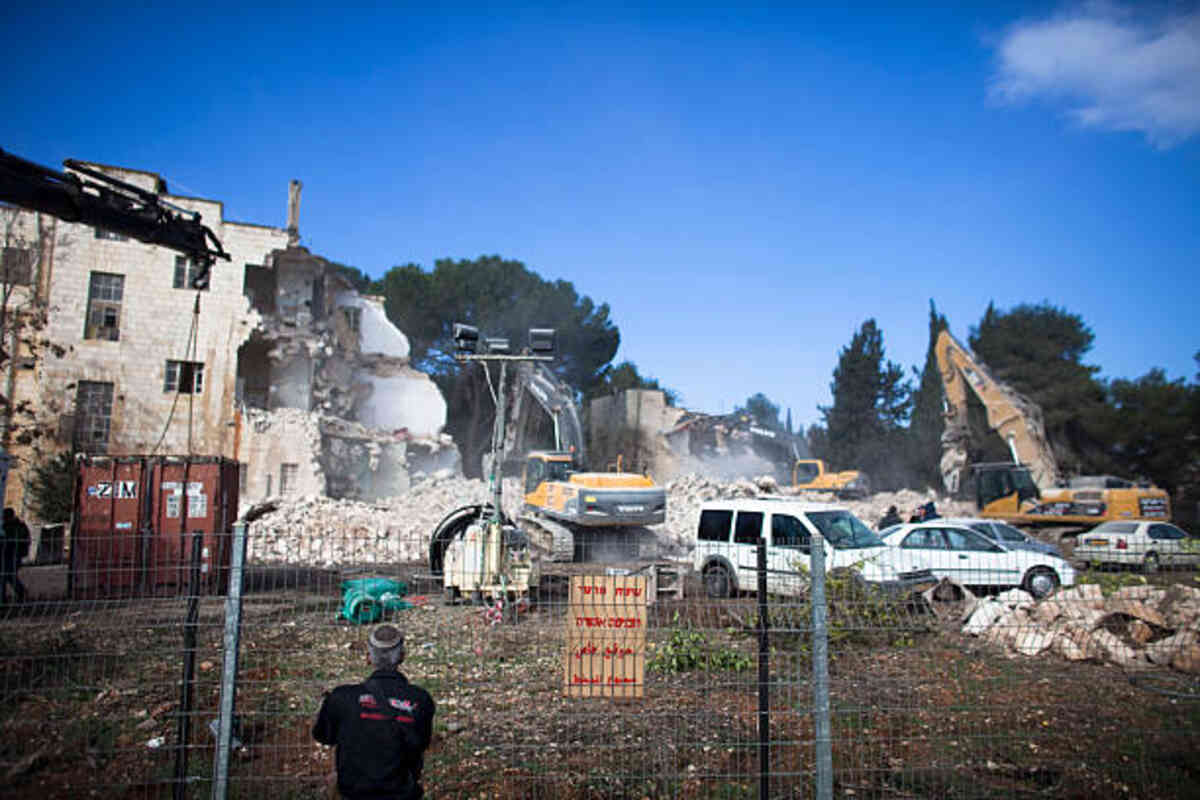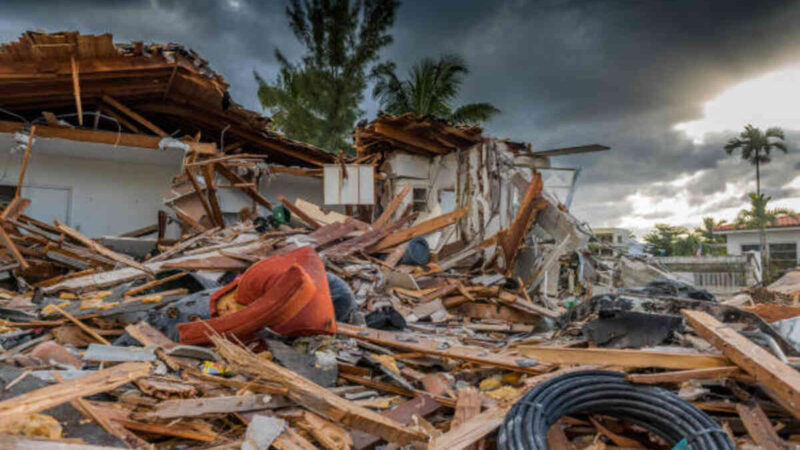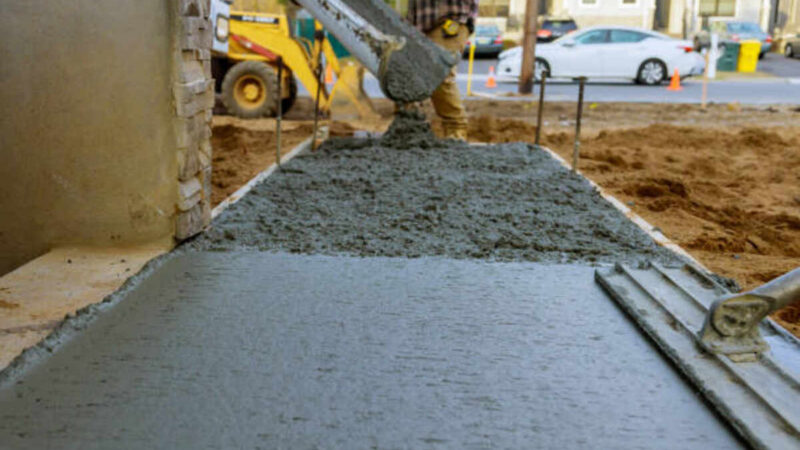Cost Factors for Demolition Projects in Miami

Demolition projects can seem like a big, messy business, especially when you’re thinking about the costs involved. If you’re considering a demolition project in Miami, you might be wondering what factors play into the final bill. Don’t worry; we’re here to break it all down for you in a way that’s easy to understand. From the size of the building to special permits, we’ll cover everything you need to know to get a clear picture of what to expect cost-wise. So, let’s dive right in! Obtain the Best information about demolition companies Miami.
Understanding the Basics of Demolition in Miami
First things first, what exactly does a demolition project entail? In simple terms, demolition means tearing down structures, whether they’re residential homes, commercial buildings, or other types of structures. In Miami, there are unique factors like weather considerations and local regulations that can impact the demolition process. It’s crucial to understand these elements to plan effectively.
What is Demolition?
Demolition involves the systematic process of dismantling structures, ensuring safety and compliance with local regulations. This process can vary significantly based on the type and size of the building. Residential demolitions might involve less complexity than commercial projects, which often require coordination with multiple stakeholders and adherence to stricter regulations.
Miami’s Unique Demolition Challenges
Miami presents some unique challenges due to its coastal location. The high humidity and hurricane season can complicate demolition efforts, necessitating additional precautions. Contractors often have to factor in potential delays or additional measures to protect against weather-related issues, which can impact both timelines and costs.
Regulatory Environment in Miami
The regulatory landscape in Miami is another critical consideration. Stringent local building codes and environmental regulations mean that demolition projects must comply with a variety of legal requirements. This includes obtaining necessary permits and ensuring proper disposal of materials, especially if hazardous substances like asbestos are present.
The Role of Size and Structure
One of the most significant cost factors in a demolition project is the size and type of structure you’re dealing with. Larger buildings generally require more resources and time to demolish than smaller ones. For instance, knocking down a single-family home will be less costly than demolishing a multi-story commercial building.
Impact of Building Size on Costs
The size of the building directly correlates with the complexity and duration of the demolition project. Larger structures require more manpower, equipment, and time, which naturally increases costs. Additionally, the footprint of the building can influence the type of machinery needed, further affecting the budget.
Material Composition and Demolition
The materials used in constructing a building also play a significant role in determining demolition costs. Structures made of durable materials like concrete or brick may require specialized equipment and techniques to dismantle, unlike wood-framed buildings which might be easier and cheaper to tear down. Understanding the composition of your building can help anticipate potential challenges and costs.
Multi-Story vs. Single-Story Demolitions
Demolishing multi-story buildings often involves more complexity than single-story structures. The need for scaffolding, cranes, and other heavy machinery can increase both time and labor requirements. Additionally, ensuring the safety of surrounding properties and complying with height-specific regulations can add layers of complexity and cost.
Permits and Regulations: What You Need to Know
Miami, like most cities, requires specific permits for demolition projects. These permits ensure that the demolition is conducted safely and in accordance with local laws. The cost of permits can vary based on the scope of the project and the specific requirements of the city.
Types of Permits Needed
Several permits may be required depending on the specifics of your project. A general demolition permit is essential, but additional permits might be necessary if the project involves historic buildings, is within specific zoning areas, or affects public spaces. Understanding what permits are needed ahead of time can prevent costly delays.
Navigating the Permit Process
The permit process in Miami can be complex and time-consuming. It’s crucial to start the process early and work closely with local authorities to ensure all requirements are met. This includes submitting detailed plans and potentially attending hearings or meetings. Engaging with experienced professionals who understand the local permitting landscape can streamline this process.
Environmental Regulations and Compliance
Environmental considerations are paramount in any demolition project. This includes safely handling and disposing of hazardous materials like asbestos or lead. Compliance with environmental regulations not only ensures safety but also protects against potential fines or legal issues. Contractors should be well-versed in these regulations to manage the project responsibly.
Additional Cost Factors to Consider
Accessibility and Location
The location of your property can significantly impact demolition costs. If your building is in a densely populated area or has limited access for demolition equipment, it might require more time and resources, increasing the overall cost. Conversely, if the site is easy to access with ample space for machinery, the process might be quicker and cheaper.
Challenges of Urban Demolition
Urban demolitions often present unique challenges. Limited space can hinder the movement of machinery and require specialized equipment. Additionally, extra precautions are necessary to protect neighboring properties, which can increase costs. Understanding these challenges is crucial for accurately estimating project costs.
Impact of Geographic Location
The geographic location within Miami can also play a role. Coastal areas might face additional regulatory scrutiny, while areas prone to flooding or other environmental concerns could require extra precautions. These factors can all influence the planning and execution of a demolition project, potentially affecting costs.
The Impact of Salvage and Recycling
Believe it or not, not everything in a demolition project goes to waste! Many materials can be salvaged or recycled, which can offset some of the costs. Metals, bricks, and fixtures might have value and can be sold to recycling companies. Discussing salvage opportunities with your demolition contractor can be a smart way to reduce expenses.
Benefits of Salvaging Materials
Salvaging materials not only helps reduce costs but also contributes to environmental sustainability. Reclaimed wood, bricks, and metals can be reused in other projects or sold, providing financial returns. This approach not only minimizes waste but also aligns with eco-friendly practices, offering both economic and environmental benefits.
Opportunities for Recycling
Recycling is an integral part of modern demolition projects. Many materials, such as metals and concrete, can be recycled, reducing the volume of waste sent to landfills. Partnering with a contractor experienced in recycling can enhance the efficiency of the process and potentially reduce costs.
Working with Recycling Partners
Developing relationships with recycling facilities and partners can further offset costs. Contractors who maintain partnerships with local recycling centers may receive better rates for salvaged materials. This collaboration can be a strategic advantage, providing both cost savings and promoting sustainable practices.
Labor Costs and Contractor Expertise
Labor is another significant factor in demolition costs. Skilled laborers are required to ensure the job is done safely and efficiently. The expertise of your demolition contractor can also influence costs. Experienced contractors might charge more, but they often complete projects faster and with fewer problems, saving money in the long run.
Importance of Skilled Labor
Skilled labor is essential in ensuring that demolition projects are conducted safely and efficiently. Workers with expertise in handling specific materials and equipment can significantly influence the outcome of the project. Investing in skilled labor not only enhances safety but also ensures compliance with regulations, reducing potential liabilities.
Contractor Experience and Its Impact
The experience level of your contractor can greatly impact project costs and outcomes. Experienced contractors bring a wealth of knowledge, allowing them to navigate challenges more effectively and complete projects on time. While they may charge higher rates, their ability to manage risks and avoid costly mistakes can result in overall savings.
Balancing Cost and Quality
When selecting a contractor, it’s important to balance cost and quality. Opting for the cheapest option might compromise the quality and safety of the project. Instead, consider the contractor’s reputation, experience, and previous work. Investing in a reputable contractor can lead to smoother project execution and better long-term results.
How to Choose the Right Demolition Contractor
When it comes to choosing a demolition contractor in Miami, you’ll want to do your homework. Look for contractors with a solid reputation and plenty of experience in projects similar to yours. Check online reviews and ask for references. It’s also wise to get multiple quotes to compare prices and services offered.
Evaluating Contractor Credentials
Before selecting a contractor, it’s crucial to evaluate their credentials. Ensure they have the necessary licenses and insurance to operate legally and protect against potential liabilities. Licensing ensures that the contractor adheres to industry standards and regulations, providing peace of mind.
Importance of Reputation and Reviews
A contractor’s reputation can provide valuable insights into their reliability and quality of work. Online reviews and testimonials from previous clients can offer a glimpse into their professionalism and customer satisfaction. Positive feedback and a history of successful projects are indicators of a trustworthy contractor.
Comparing Quotes and Services
It’s wise to obtain multiple quotes from different contractors to understand the market rate and available services. A detailed quote should outline the scope of work, timelines, and costs involved. Comparing these aspects among contractors can help in making an informed decision that balances cost with quality.
Questions to Ask Potential Contractors
- Are you licensed and insured? Always choose a contractor who is fully licensed and insured to protect yourself from liability.
- What is your timeline for completing the project? Knowing how long the project will take can help you plan and budget accordingly.
- Do you handle permits and regulatory compliance? Ideally, your contractor will manage the permitting process and ensure compliance with local regulations.
- What are your policies on waste disposal and recycling? Understanding how your contractor handles waste can give you insight into potential cost savings and environmental impact.
Ensuring Compliance and Safety
Asking about compliance and safety measures can reveal how seriously a contractor takes their responsibilities. Understanding their approach to managing risks and ensuring worker safety can provide peace of mind. A contractor who prioritizes safety is likely to deliver a more successful and incident-free project.
Understanding Project Timelines
Discussing timelines is crucial for planning and budgeting. A clear understanding of the project timeline allows for better coordination with other related activities, minimizing disruptions. Contractors who provide realistic timelines and adhere to them demonstrate reliability and professionalism.
Waste Management Strategies
Understanding a contractor’s approach to waste management can offer insights into potential cost savings and environmental impact. Contractors who prioritize recycling and responsible disposal not only contribute to sustainability but may also offer cost benefits through reduced landfill fees or revenue from salvaged materials.
Getting a Handle on Your Demolition Budget
Setting a realistic budget for your demolition project in Miami involves considering all of the factors we’ve discussed. Here’s a quick recap to keep in mind:
- Structure Size and Type: Larger and more complex buildings will cost more to demolish.
- Permits and Regulations: Ensure all legal requirements and environmental regulations are factored into your budget.
- Location and Accessibility: Consider how the location of your property might impact costs.
- Salvage Opportunities: Explore recycling options to offset expenses.
- Labor and Contractor Costs: Choose a reputable contractor to ensure the job is done right.
Crafting a Comprehensive Budget
Creating a comprehensive budget involves more than just estimating costs. It requires a detailed understanding of all potential expenses, from permits to labor, and accounting for unforeseen circumstances. A well-crafted budget provides a roadmap for the project and helps manage expectations and resources effectively.
Planning for Contingencies
In any demolition project, unexpected issues can arise, potentially impacting both timelines and costs. Planning for contingencies by setting aside a portion of the budget for unforeseen expenses can prevent financial strain. This proactive approach ensures that the project remains on track even when challenges occur.
Long-Term Financial Considerations
While the immediate costs of demolition are important, considering long-term financial implications is also crucial. This includes potential savings from recycling and salvaging materials, as well as the value added by clearing the space for future development. Weighing these factors can provide a more holistic view of the project’s financial impact.
By understanding these cost factors, you’ll be better prepared to tackle your demolition project with confidence. Remember, a little research and planning go a long way in ensuring a smooth, cost-effective process.
So, whether you’re tearing down an old family home or clearing space for new commercial development, knowing what to expect cost-wise can make the project far less daunting. Keep these insights in your back pocket, and you’ll be well on your way to a successful demolition in Miami!




